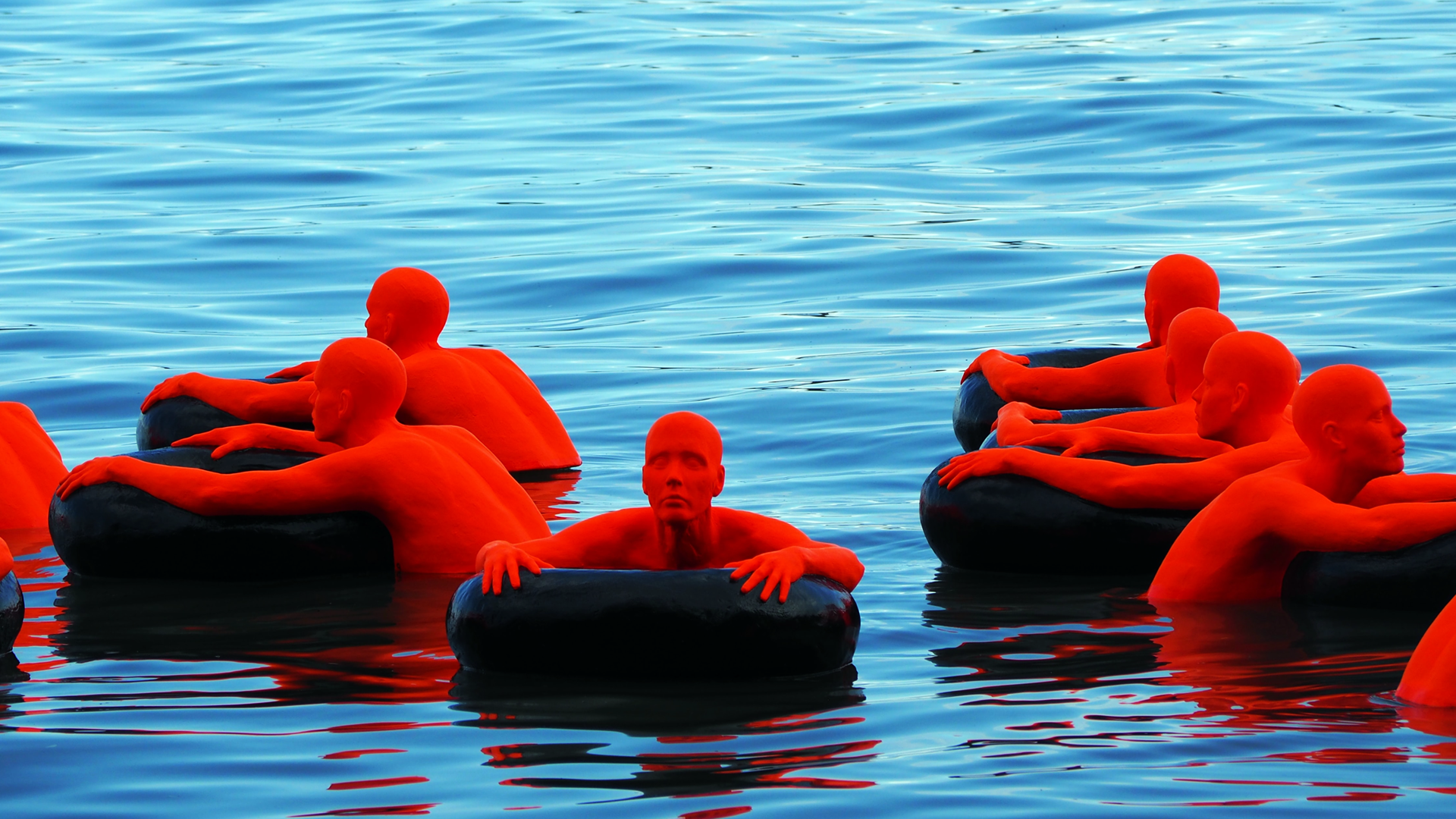The World Bank estimates that by 2050 more than 140 million people will be displaced as a result of climate change. What will the global community do to save these people?
In 2018 alone, 17.2 million new displacements associated with natural disasters in 148 countries and territories were recorded.
Droughts, tropical cyclones, flooding, coastal erosion, desertification and sea-level rise are some of the many forms of climate change that we witness today.
Climate refugees or environmental migrants are those who flee their country due to natural disasters or climate change effects such as these.
Freshwater scarcity, food insecurity, rapid spread of diseases, scarcity of land, and social tensions have made life increasingly difficult for them.
Those that are severely affected by these conditions hope to find asylum abroad, but existing legislations surrounding refugee law are a major obstacle in their way.
What does refugee law say about climate refugees?
As per the 1951 Refugee Convention, there are two main requirements for an individual to request refugee status. Firstly, they must have a ‘well-found fear of persecution’.
While there is no established definition of ‘persecution’, it is usually considered to be a situation where individuals feel threatened due to the actions of their government.
However, it can be argued that a population which is vulnerable to nature’s hostilities is facing persecution. Still, its official definition is yet to be agreed upon.
Secondly, asylum seekers must base their claim of persecution on one of the following- race, religion, nationality, membership of a particular social group and political opinion.
Clearly, under this convention, climate change is not a basis for requesting or granting refugee status. Therefore, climate refugees do not really qualify as ‘refugees’.
Who is Ioane Teitiota?
Ioane Teitiota is a citizen of Kiribati, a small island in the South Pacific. He migrated from Tarawa in Kiribati to New Zealand with his family to escape the effects of climate change.
But in 2015, Ioane and his family were deported to their home country because their visa had expired.




















